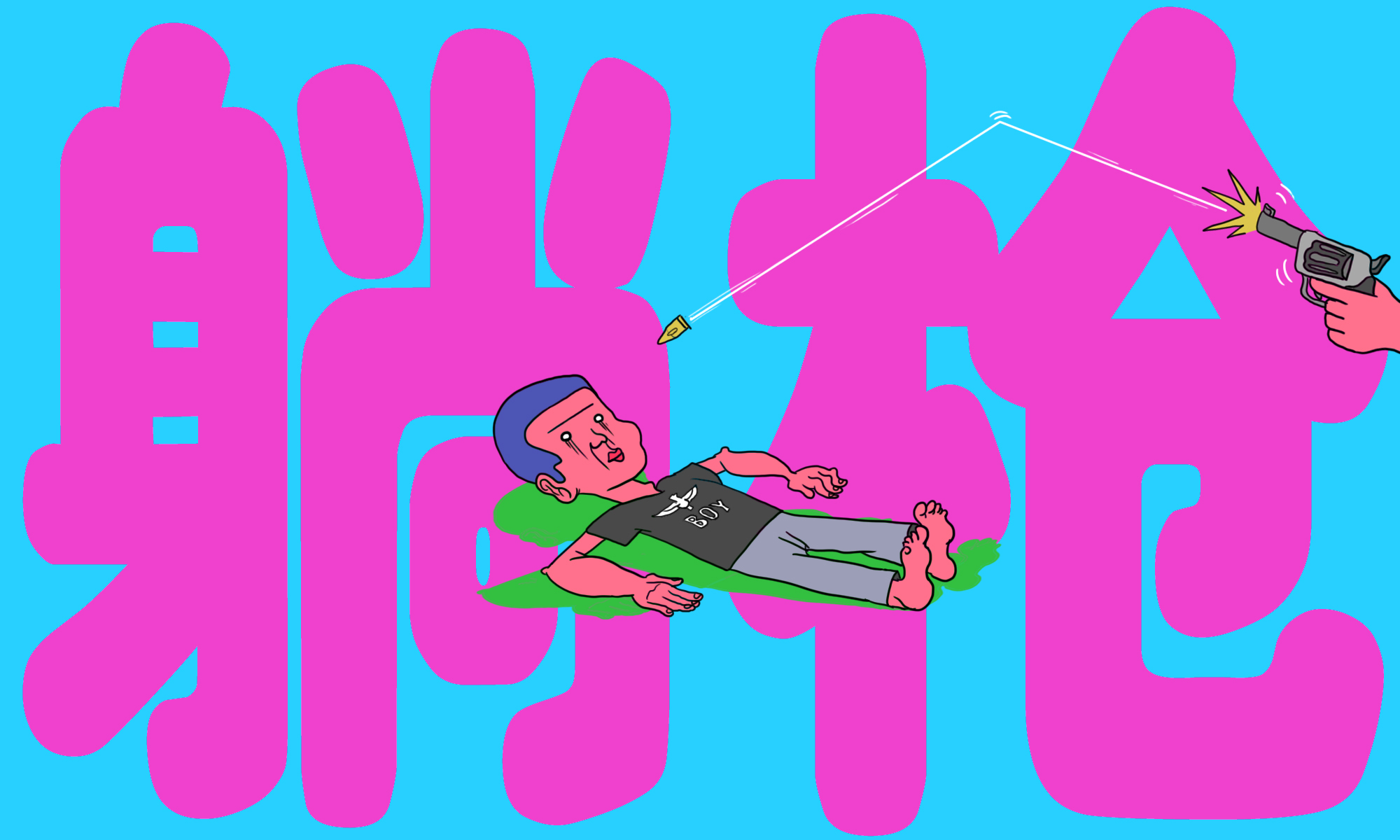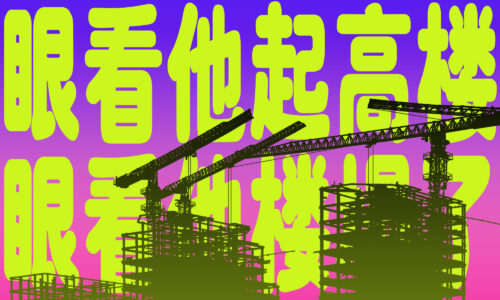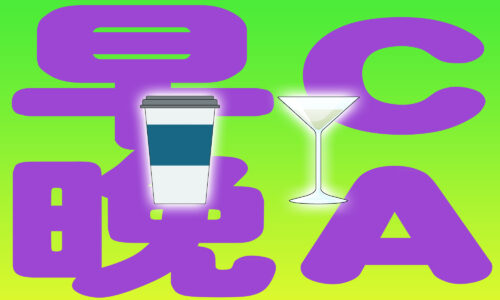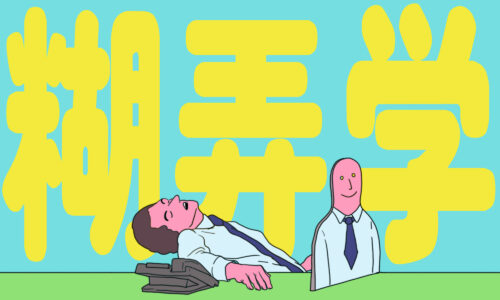‘Collateral damage’ — phrase of the week
A British fashion brand became collateral damage in social media outrage about a violent, misogynistic attack in China. And there's a phrase for that in Chinese.

Our phrase of the week is: Collateral damage (躺枪 tǎng qiāng).
Context
A brutal assault on a group of women diners at a restaurant in Tangshan in Hebei province was caught on camera over the weekend. The video clip was shared on social media, leading to widespread shock and outrage online.
One of the men involved in the attack was filmed wearing a T-shirt from the U.K. street fashion brand Boy London.
Netizens are calling for the brand to be boycotted, directing their anger at Boy London’s T-Mall online shop, associating its clothing with thugs in China, known as 社会大哥 shè huì dà gē.
Boy London issued a short response saying:
We resolutely oppose violence
我们坚决抵制暴力行为
wǒmen jiānjué dǐzhì bàolì xíngwéi
Commentators in the media are saying that Boy London, or one of its T-shirts at least, was in the wrong place at the wrong time:
This brand has become collateral damage
这个品牌这次算是躺枪了
zhè ge pǐn pái zhè cì suàn shì tǎng qiāng le
Translation
Collateral damage directly translates as “getting shot” (枪了qiāng le), “lying down” (躺 tǎng), or:
getting shot even when lying down
躺着也中枪
tǎngzhe yě zhòng qiāng
The phrase first appeared in the 1991 Hong Kong movie Fight Back to School (逃学威龙 táo xué wēi lóng).
It’s a line during a fight scene, where one innocent bystander lies on the ground and pretends to be dead to avoid getting embroiled in a street fight.
The fight escalates and one of the men gets shot. As he falls to the ground, he retaliates by shooting back. But the shot misses its intended target and ends up killing the innocent man lying on the ground.
Getting shot even when lying down has become a popular phrase in online chatrooms and social media platforms in China in recent years. It describes someone who finds themselves in a bad situation totally by accident, gets hurt, and becomes collateral damage through no fault of their own.
Boy London had nothing to do with the Tangshan attack, but as a consequence of it, the brand’s image has taken a bad hit, and is now associated with thuggery in China.
- If you enjoyed this, check out Andrew Methven’s Slow Chinese 每周漫闻 newsletter, a resource to help you master modern Mandarin and understand how people speak Chinese today.






